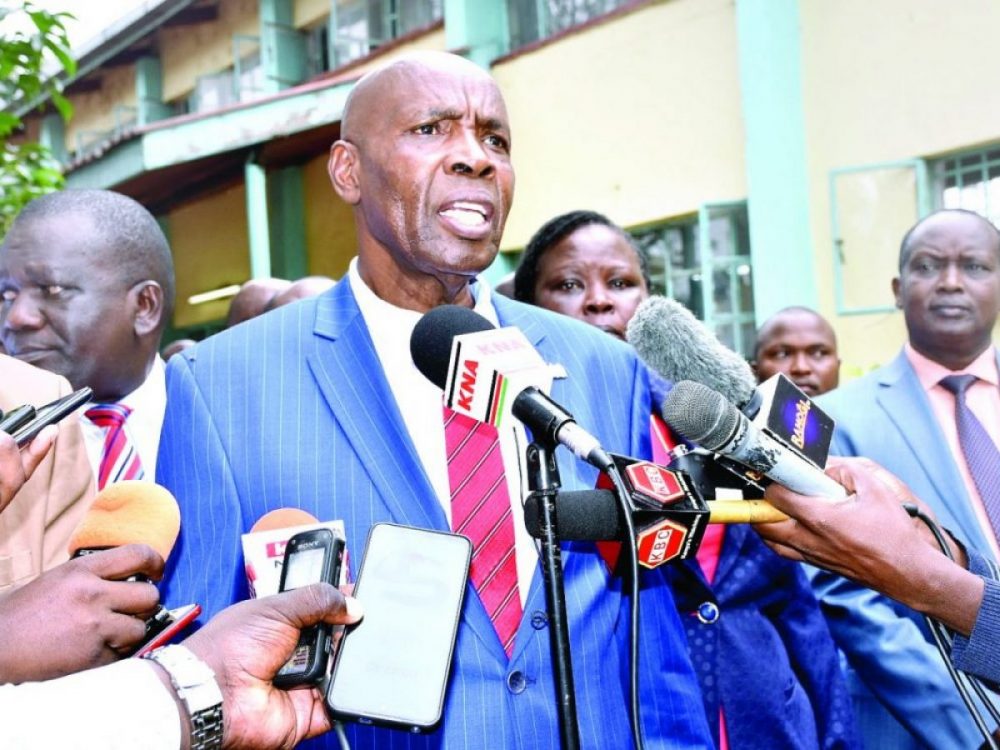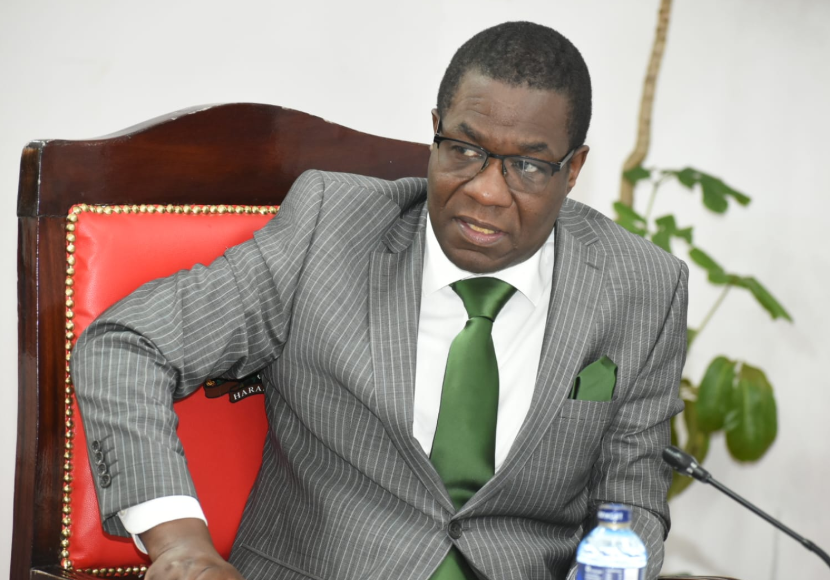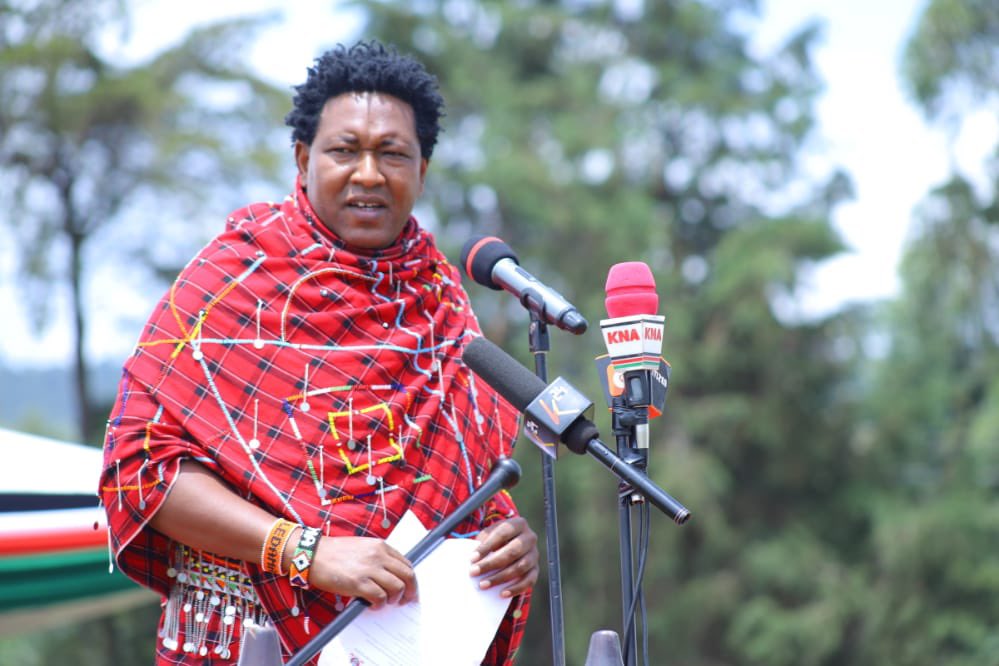Team proposes ban of school levies

The Ministry of Education will regain the powers to manage schools through the County Directors of Education should the recommendations by the task force on education reforms be implemented.
At the same time, thousands of Form Four leavers who had been locked out of teachers training institutions due to the stringent qualification requirements could get a lifeline.
At the same time, the task force is considering a proposal to criminalise payment of fees and any levies in primary school in order to make basic education free and compulsory.
“It beats all logic that whereas the law says that Basic Education in Kenya is free and compulsory, almost all primary schools charge some form of fees and levies. In order to deter this, an act of Parliament should be introduced to criminalise any fee or levy charged in any public school,” another section states.
The Presidential Working Party on Education Reforms chaired by Prof Raphael Munavu has made far reaching proposals that include stripping the Teachers Service Commission (TSC) of powers to manage the daily operations of schools as well as quality assurance and standards.
Should the task force have its way, the Ministry of Education will regain full control on school heads, contrary to the constitutional provision that gives TSC exclusive mandate to recruit, remunerate and discipline all government employed teachers.
The Ministry will also take charge of Quality Assurance and Standards in all schools to enable it to effectively coordinate and supervise compliance of schools with the established standards of education.
Though the Ministry of Education is mandated under the National Education Quality Assurance and Standards Framework for Basic Education Institutions (Neqasf) to supervise management and quality assurance in schools, the role has been usurped by TSC, leading to friction between the two over the years.
Constitutional commission
This will see the powerful teachers employer being consigned to the management of human resources of teachers and their professional development.
The rivalry between TSC and the Ministry of Education began in 2012 when the then TSC Secretary Gabriel Lengoiboni revoked the powers of the then Provincial Directors of Education and District Education Officers, then under the Ministry, from managing teachers.
Through TSC Act (Cap 212) and Legal Notice No. 95 of 171, Lengoiboni stripped all PDEs and DEOs of powers to manage teachers’ affairs in a radical move aimed at entrenching TSC as a constitutional commission.
TSC has since created the positions of County Directors of Education (CDE) that effectively replaced the old order, rendering the once powerful Inspectors of Schools from the ministry irrelevant.
The bad blood between the Ministry and TSC heightened when the former went on to establish its own county structures in line with the provisions of the Constitution on devolved units. Sources privy to the task force’s report told People Daily that it has recommended the implementation of a mode similar to that of the relationship between Public Service Commission (PSC) and ministries where the former recruits and remunerates while the latter has the sole prerogative of management.
“To reduce the powers of TSC which is a constitutional commission, the country will need a referendum in order to align its role vis-à-vis that of the Ministry with the reality,” a section of the report reads.
Trainees uptake
The Ministry’s lack of powers to hold headteachers to account on financial matters does not rest easy with Jogoo House officials.
The Ministry has also been pushing to have powers to act on headteachers who mismanage or run down schools as well as have powers to oversee standards of education in the learning institutions.
The task force has also recommended a review of the current entry requirements to Teachers Training Colleges (TTCs) for primary and ECD teachers. This is expected improve the uptake of trainees to TTCs as well as enable Form Four leavers who had performed dismally in certain subjects that they are interested in specialising in, an opportunity to study them in college.
Over the years, thousands of applicants who had applied for diploma training in primary and early childhood development education were locked out for failing to meet the grade set by the Teachers Service Commission (TSC).










